Acne Treatment in Dubai
Acne is an inflammatory skin condition characterised by clogged pores. It is also called pimples and appears as pus-filled, often painful bumps on the skin.
Acne is medically called acne vulgaris.
Acne is an inflammatory skin condition characterised by clogged pores. It is also called pimples and appears as pus-filled, often painful bumps on the skin.
Acne is medically called acne vulgaris.
Acne is of several types, such as:
Cystic and nodular acne can cause permanent skin damage, as they tend to leave scars when healing. If you are dealing with acne, seek medical help to determine the best treatment option.
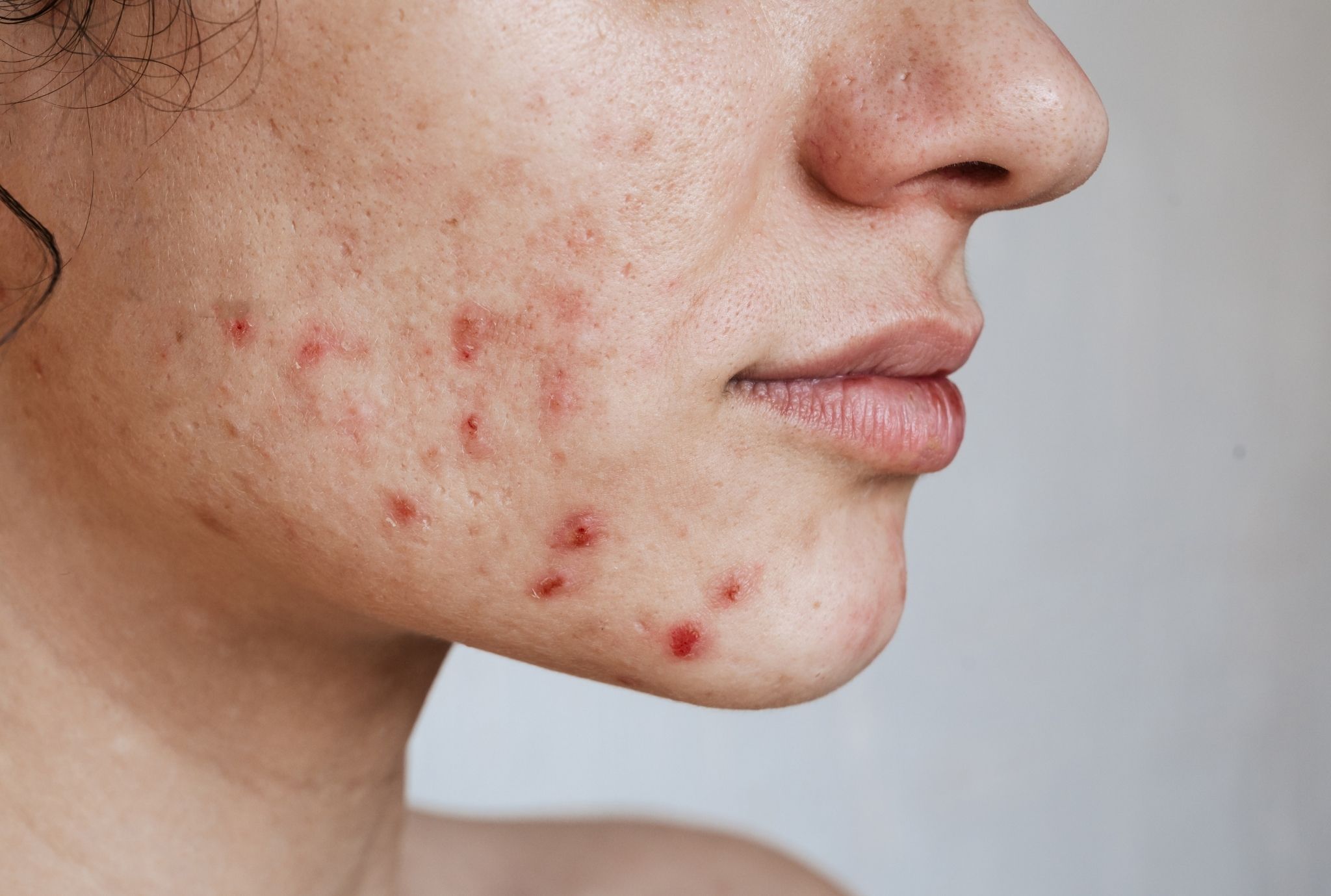
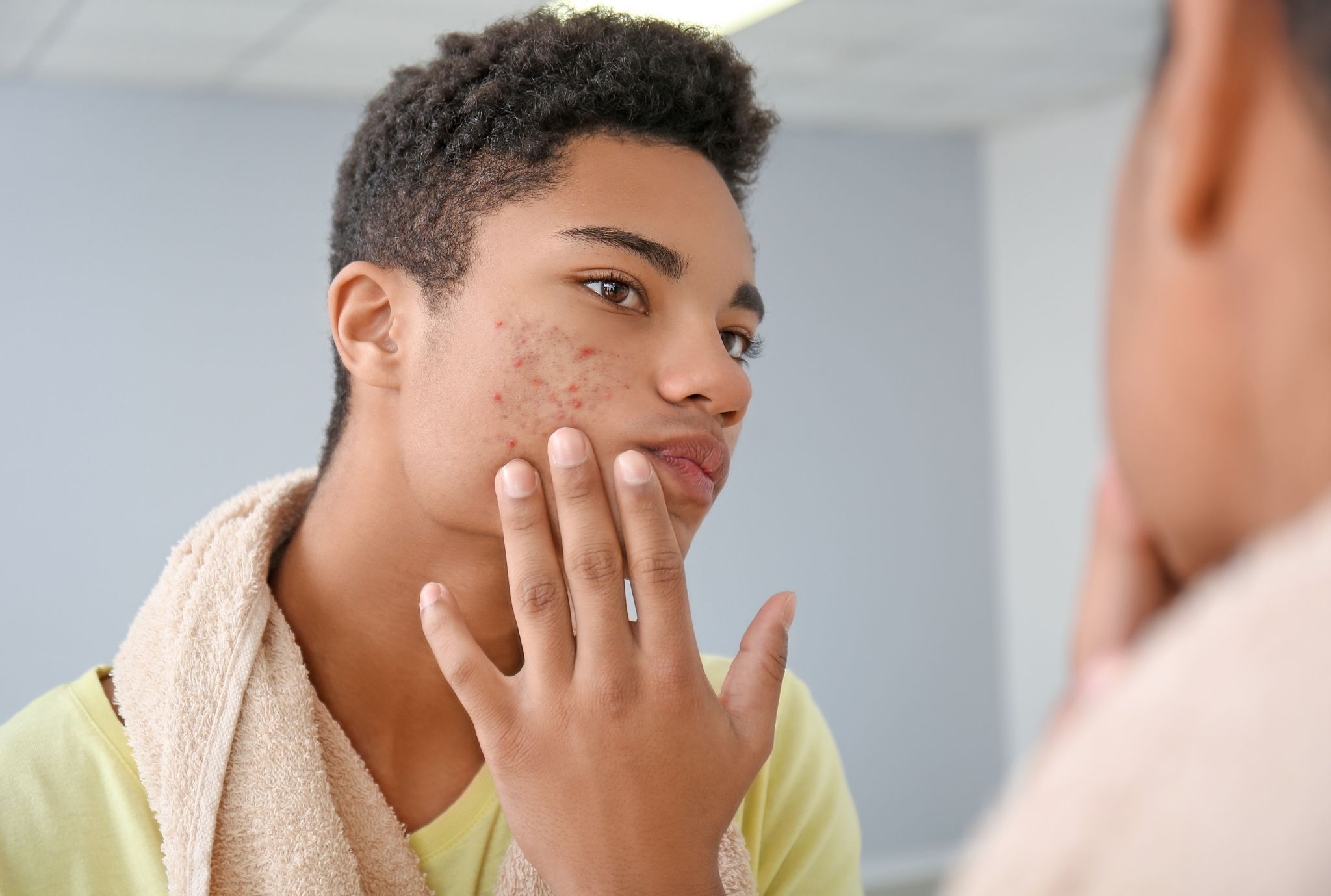
Acne arises when the pores or hair follicles get clogged. This happens due to sebum, bacteria, and dead skin cells, all of which plug the pores. The substance build-up in these pores creates a pimple. When this happens, you may also experience pain and swelling, often accompanied by redness.
Many factors can trigger an acne or make the breakout worse:
Some foods like skim milk, whey protein and high-sugar diets also cause acne.
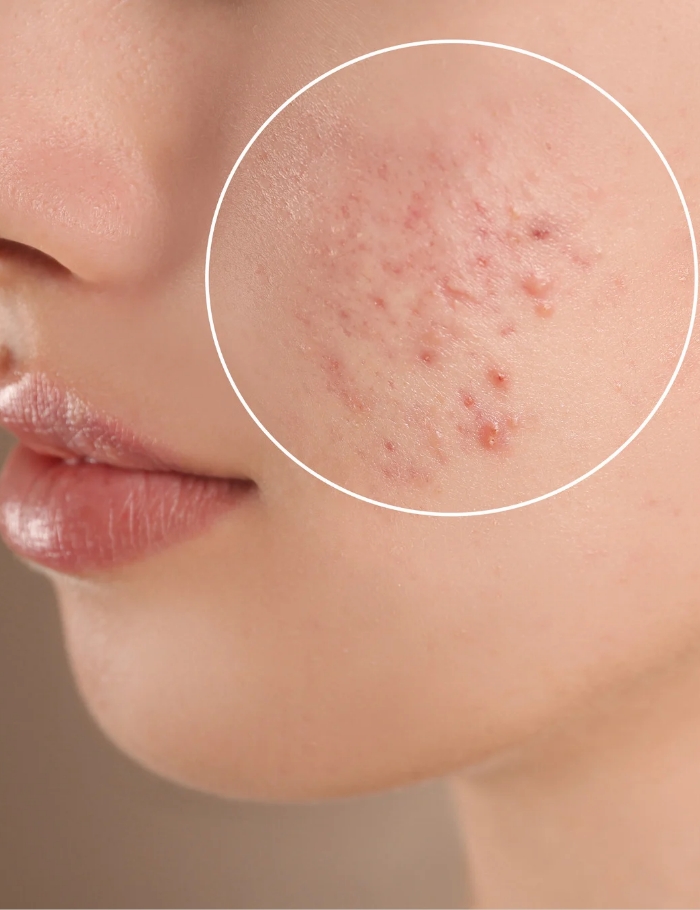
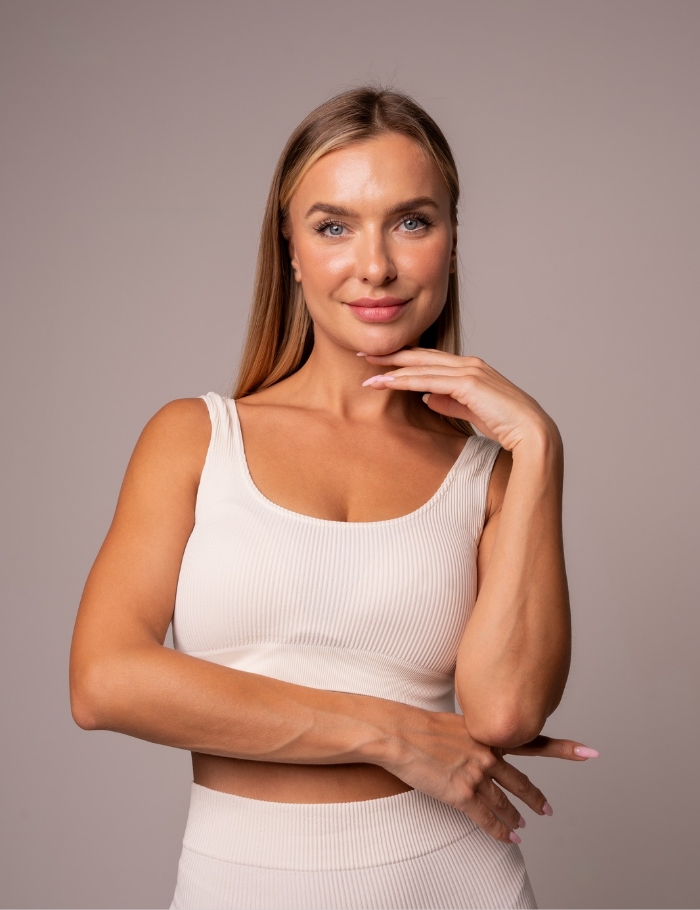
Typical appearances of acne are:
Acne can be mild, moderate, or severe. While mild acne gives rise to pimples, moderate severity may give rise to papules. If you have severe acne, you may develop nodules or cysts.
Acne is very common among teenagers and young adults. It is a hormonal condition driven by testosterone (male hormones). Females also get acne around the time of their period due to increased hormonal activity. Sensitivity to hormones, surface bacteria on the skin, and substances released by your glands contribute to the development of acne.
Acne is a treatable condition. The treatment for acne depends upon:
Common treatment options include:
Your doctor may recommend applying certain medications, including benzoyl peroxide, salicylic acid, azelaic acid, antibiotics, and retinoids topically.
These are pills that you must take by mouth. If your doctor feels you will benefit from oral medications, they may prescribe one that contains antibiotics, retinoin, contraceptive pills and hormone therapy.
This facial helps unclog pores and deep cleanse them to reduce acne severity and prevent frequent recurrence.
This is a peel-off mask containing hydroquinone that is designed to reduce acne, and lighten spots and scars caused by it.
Other therapies for acne include:
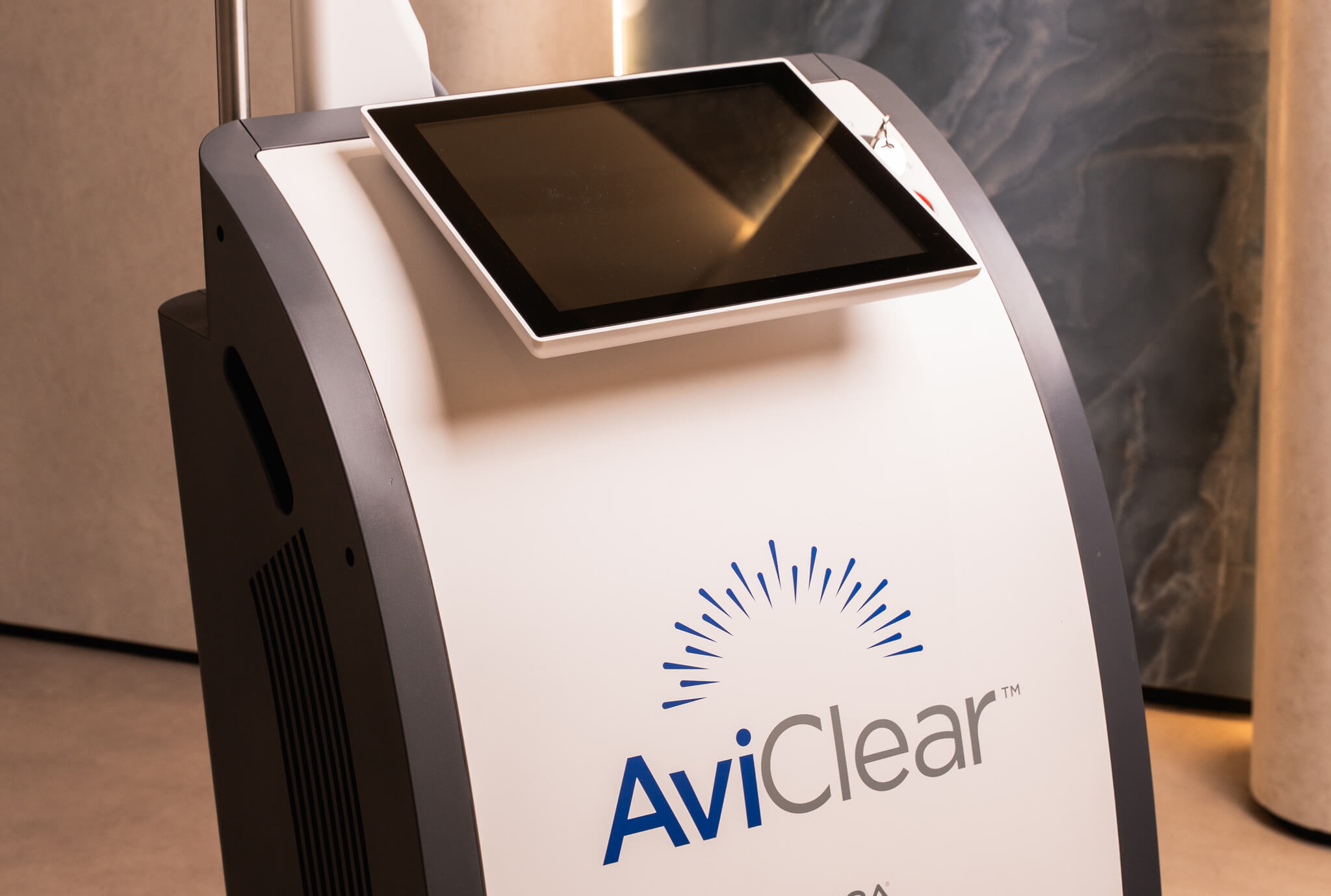
Hortman Clinics is one of the best aesthetic clinics in Dubai for skin treatments, owing to the advanced therapies it offers. When it comes to acne treatments, our experts use advanced treatments like AviClear– the next-gen laser therapy, to address the root cause of the concern.
We now know that the overproduction of sebum is one of the leading causes of acne. This is where AviClear works.
Acne is common among adolescents and young adults. However, most often, acne causes scars, which can be embarrassing. If you are struggling with acne and its scars, get a consultation at Hortman Clinics today.
When acne penetrates the deeper layers of the skin and causes inflammation, it usually heals with a scar.
The best treatment for your acne depends upon your skin type, acne type and extent of acne today. Ask your dermatologist which is the best acne treatment for you!
Mild and moderate degrees of acne can go away on their own, but it will take a minimum of two to three weeks.
Many acne treatments are OTC products that are usually safe for use during pregnancy. We recommend you consult your gynaecologist and our plastic surgeon to determine whether you can take acne medications during your pregnancy.
It takes acne around one to two weeks to go away by itself. Following a healthy skincare routine and medications can speed up the body’s healing. Severe acne may take several weeks to go away, even with treatment.
Everything we do is tailored to your needs, this is why we take our time to take care of you and answer all your questions.
Adding {{itemName}} to cart
Added {{itemName}} to cart